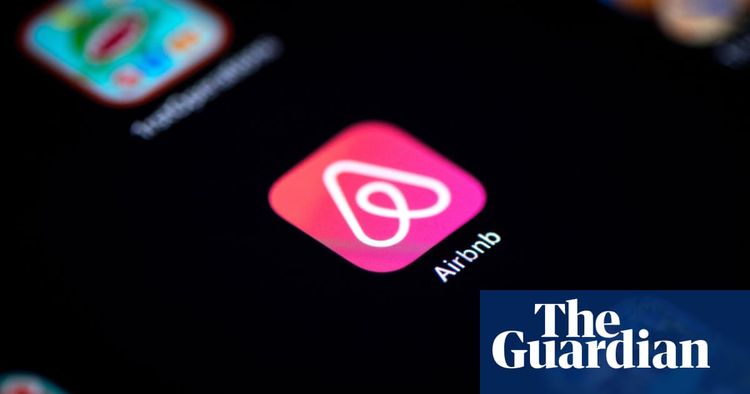New York City’s crackdown on Airbnb and short-term rentals goes into effect

The latest regulations in New York City regarding Airbnbs and short-term rentals came into force on Tuesday, aiming to impact numerous unlawful short-term listings, estimated to be in tens of thousands.
The recent law strengthens the implementation of existing regulations regarding the operations of short-term rentals. Approved in January, the legislation, referred to as Local Law 18, necessitates that hosts of short-term rentals comply with the registration requirements set by the city administration.
"In accordance with the city's well-established regulations, registration provides a straightforward process for hosts and ensures the safety of travelers by preventing them from staying in unlawful and potentially hazardous accommodations. Moreover, it puts an end to the increase of illicit short-term rentals," stated Christian Klossner from the mayor's office of special enforcement in response to inquiries by the Guardian.
Klossner’s team is currently in charge of carrying out the new regulations. They mentioned that the city will dedicate efforts to collaborate with platforms in order to make use of their verification procedure.
Legal temporary accommodations are residences that can only accommodate a maximum of two individuals. The property owner must also live in the dwelling, and the guests must have unrestricted access to all areas of the house.
In accordance with the stricter rules, hosts who meet the criteria must demonstrate that they reside in the property they are offering for rent, and their home complies with safety codes and other regulations set by the municipality. Those who disregard the new laws may incur penalties ranging from $1,000 to $5,000.
Platforms, such as Airbnb and Vrbo, are obligated to ensure that individuals utilizing their services adhere to the regulations of New York City.
Inside Airbnb, a housing advocacy organization that monitors listings in cities across the United States and around the globe, reports that there are presently over 40,000 Airbnb listings in New York.
According to the Associated Press, Murray Cox from Inside Airbnb emphasized the importance of utilizing residential apartments in New York City strictly for residential purposes.
The most recent guidelines are anticipated to significantly reduce the amount of listings that can be found.
Advocates of the recent legislation have been long advocating for stricter control over Airbnb in New York and various urban areas, primarily due to the housing scarcity happening in New York. Individuals residing close to temporary accommodations have expressed grievances about the disturbances these abodes bring to their neighborhoods, such as excessive noise, parties, and environmental pollution.
The hosts have expressed their refusal towards the implementation and stated that the latest crackdown could negatively impact families trying to cover their expenses by offering their homes for rent.
According to Airbnb's global policy director, Theo Yedinsky, the recent implementation of strict regulations would negatively impact the economy revolving around tourism in New York.
According to him, the recently imposed regulations on short-term rentals in New York City have dealt a severe blow to its tourism industry and the individuals living in the outer boroughs who depend on home sharing and tourist income to make their living.
In an interview with the AP, Yedinsky further stated: "The metropolis is effectively conveying a distinct message to countless future tourists who will now encounter a limited range of choices for lodging during their visit to New York City: 'We do not extend our invitation to you.'"
Several cities in the United States have placed strict limitations on Airbnb. For instance, Santa Monica, California has prohibited the rental of apartments for durations shorter than 30 days, as revealed by the Los Angeles Times. Furthermore, they have introduced additional regulations to oversee temporary accommodations.
Philadelphia has additionally imposed limitations on platforms offering short-term rentals, effectively eliminating unlicensed accommodations from Airbnb and similar websites.







































































